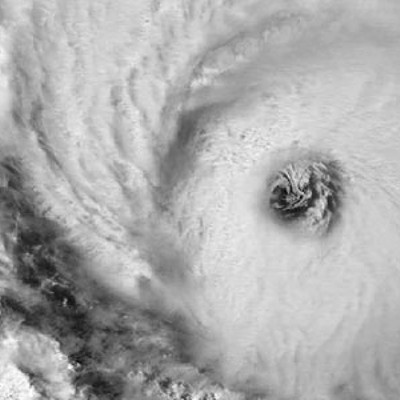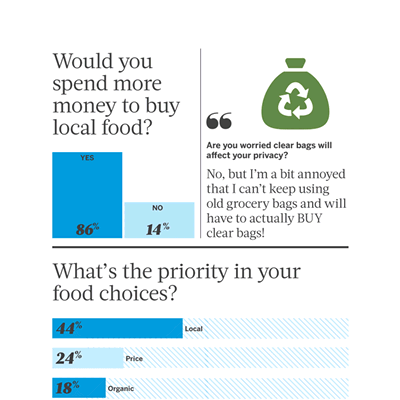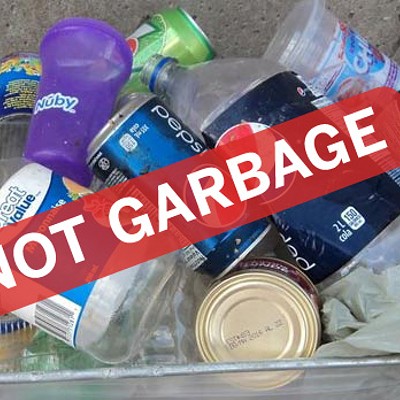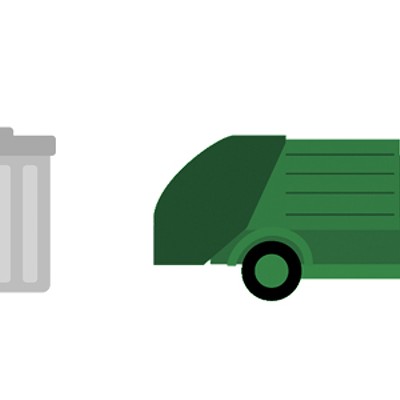The question is simple, and it’s one of culture, heritage and health, both of the environment and of ourselves: How badly do we want to save our local agricultural producers? Enough to demand our local grocery outlets stock food produced by Nova Scotian farmers? Enough to make a conscious decision to change our buying and eating habits?
“We are honestly at a threshold,” says the Ecology Action Centre’s Jennifer Scott, a food miles analyst, in an email. “We could lose our agriculture, or we could see it blossom into a food web that is the foundation of vital communities.”
Scott calls her idea Eco-Local, to support ecologically produced food and farmers who are “true stewards of the farms---they make sure the livestock is treated humanely and raised in a healthy manner; they ensure nutrients are recycled and water is not polluted; they ensure soil quality is maintained or improved. In essence, an ecological system of growing healthy food is the goal.”
An organic certification inspector for 14 years, Scott respects the organic process and growers a great deal. She stresses that it’s the organic farmers who are the ones willing to subject themselves to a yearly inspection. “Organic growers have worked far too long and hard and I don’t want to betray them,” she says. “But I don’t want to support imported organic at the expense of local organic or local, period.”
Buying locally, whether organic or not, reduces the energy production, the waste and emissions associated with industrially produced and processed food.
“Community-based food is produced on farms that recycle nutrients,” says Scott. “ use community resources (labour, knowledge, composted manure, pasture and forage), and produce food that is sold (or processed and sold) locally. I made the distinction of Eco-local, because of the vision (hope) of all local farms becoming ecological production areas.”
















